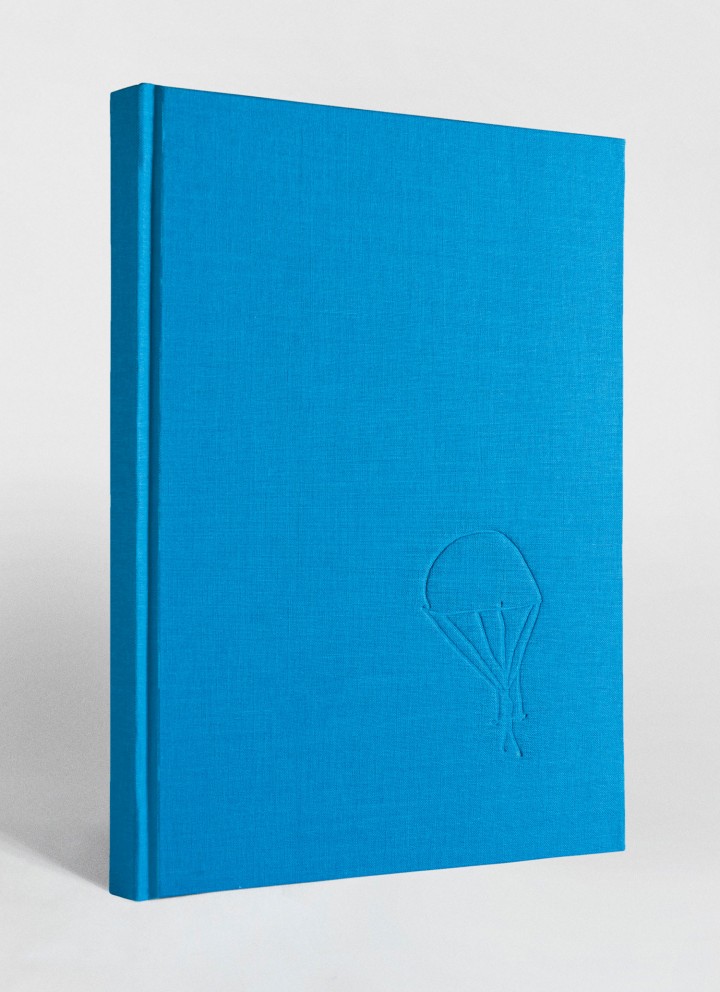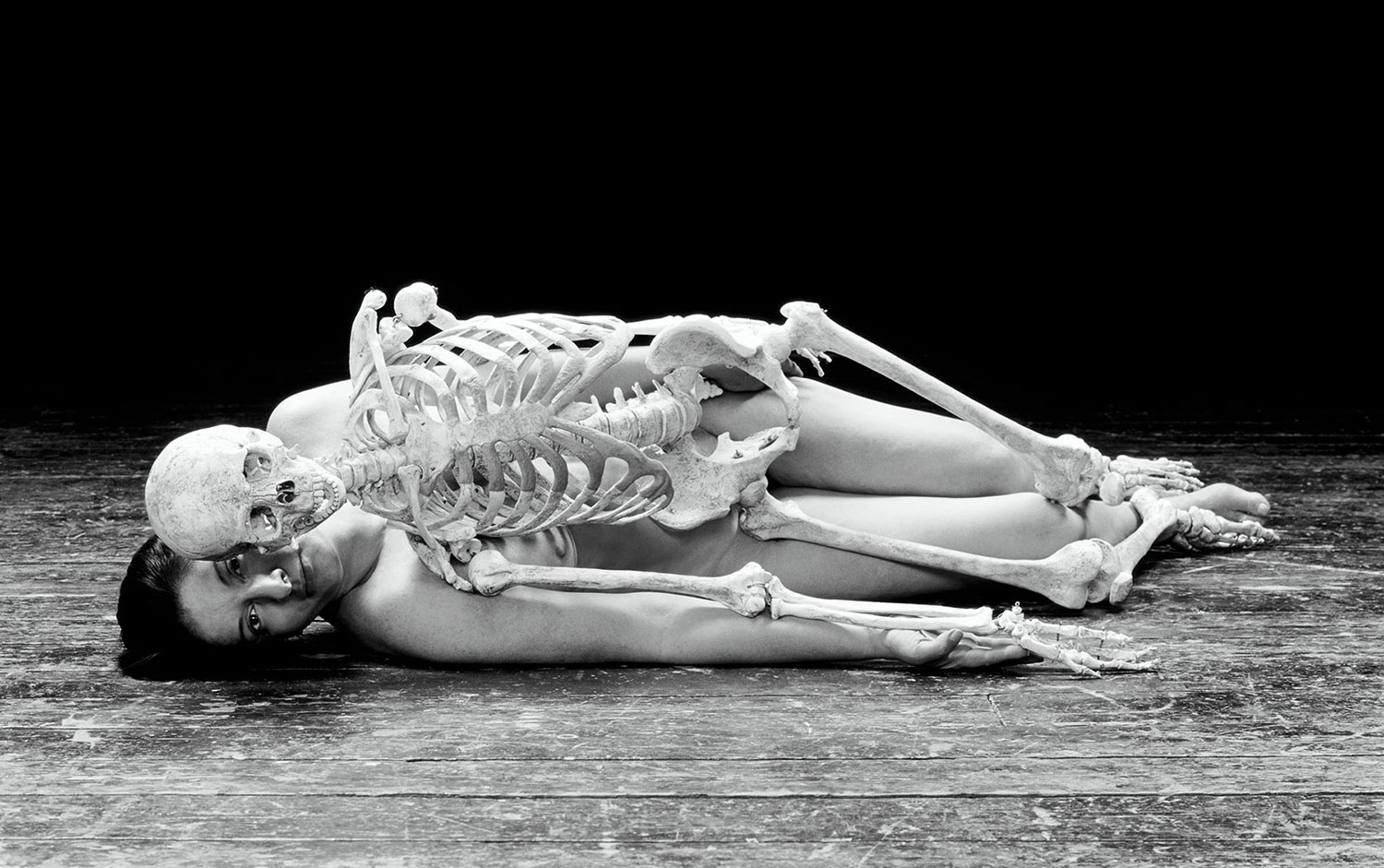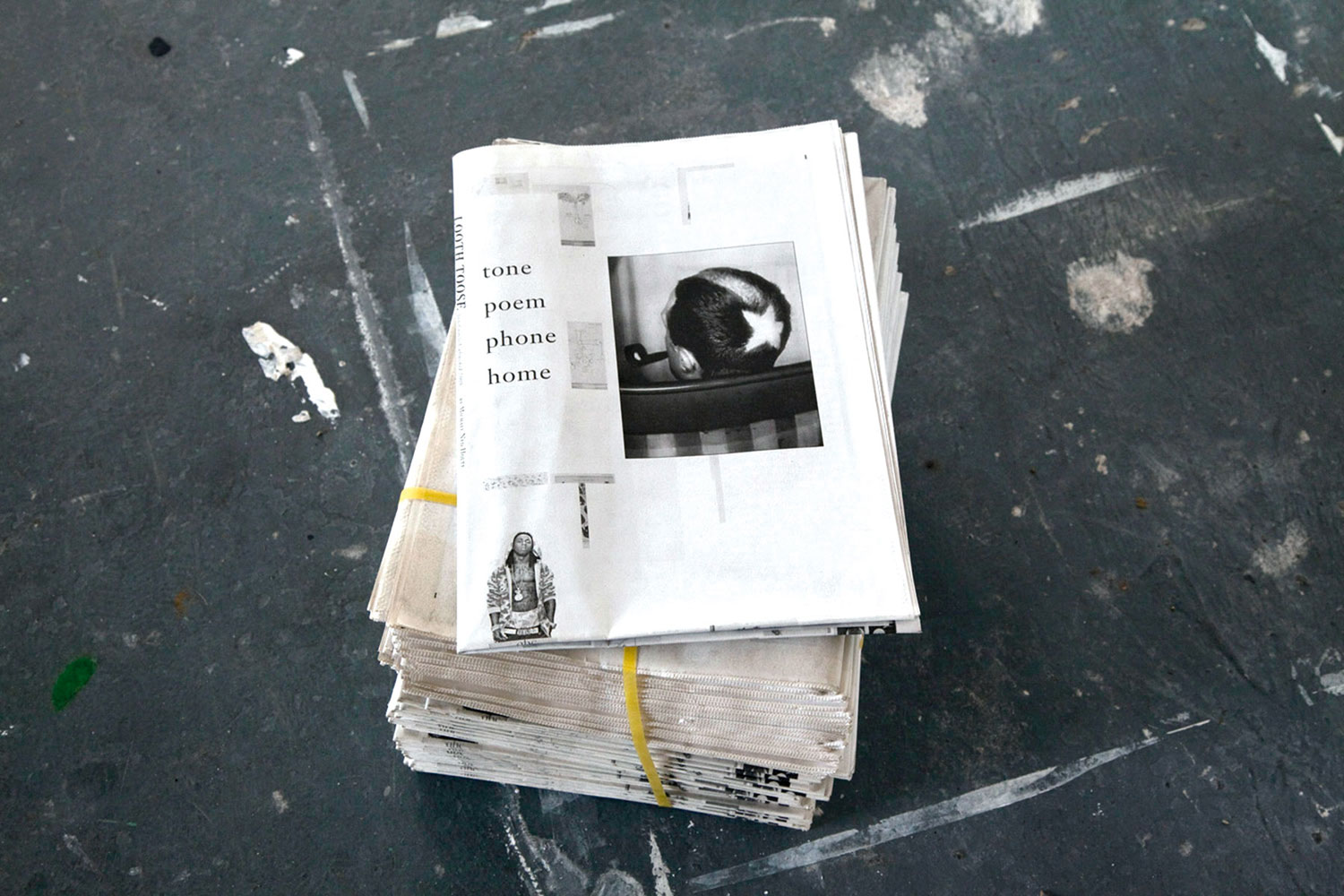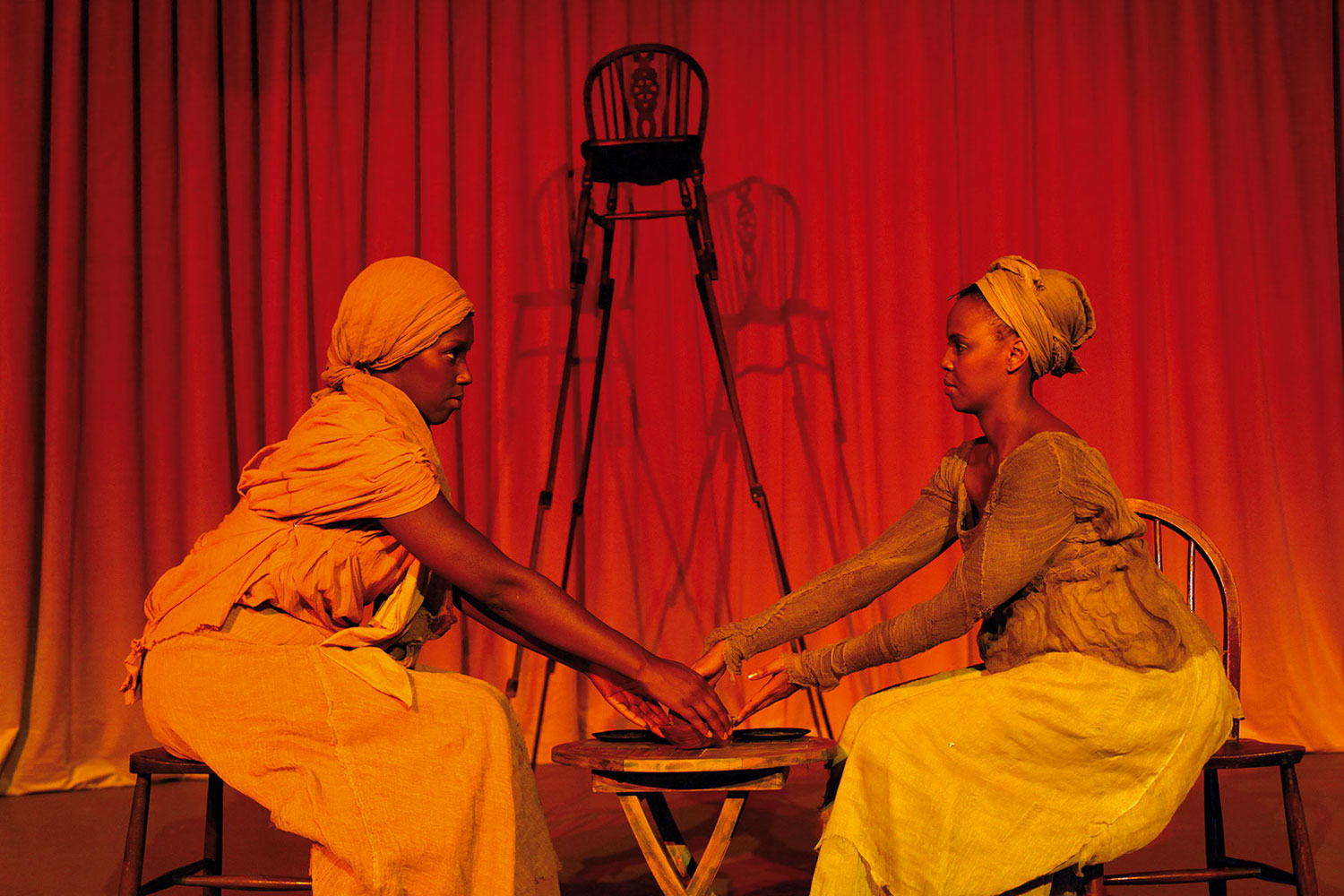
For those who have read Sigmund Freud’s essay on da Vinci’s childhood memory, Early Works becomes an intriguing sequel. But contrary to Freud’s analysis of da Vinci’s work, in which he worries about misinterpreting the work of the genius, the work of Uklański underscores how the contemporary artist — a role he plays sometimes even too well — doesn’t need to be “victimized” by the critic. Today the artist is capable of creating a mythology around his persona that is equal parts artificial and authentic. That is the modus operandi of this project, in which Uklański gathers his childhood drawings together in a publication that looks just like a beautiful children’s book. The editor of the book — Uklański himself — decided to accompany these drawings with two texts. The first is an analysis of his immature oeuvre by a psychologist, who underlines the absence of the father, the minor role of the mother and the portentous creative genius of the baby artist who was capable of creating interesting scenarios, especially when he was not following the teacher’s directions. The second text is from the Polish magazine Tygodnik Kulturalny from 1976. It tells the story of “Family U,” wherein a brutal father and a victimized mother fight non-stop. The only witness: Piotruś. These three elements together — the drawings, the self-commissioned psychological critique and the stark reality embodied by Tygodnik Kulturalny’s original yellowing layout — make Early Works one of the most compelling projects by the artist, far more sophisticated than many of his (recent) artworks.





